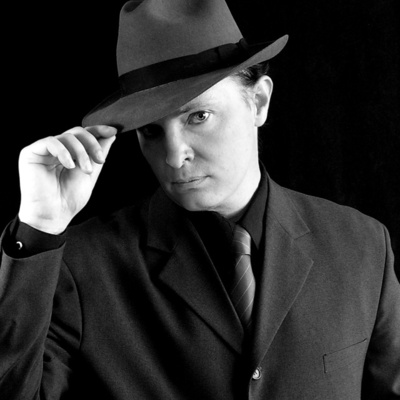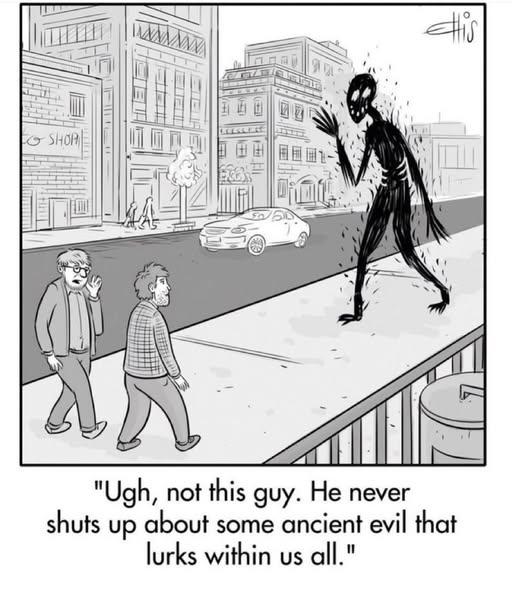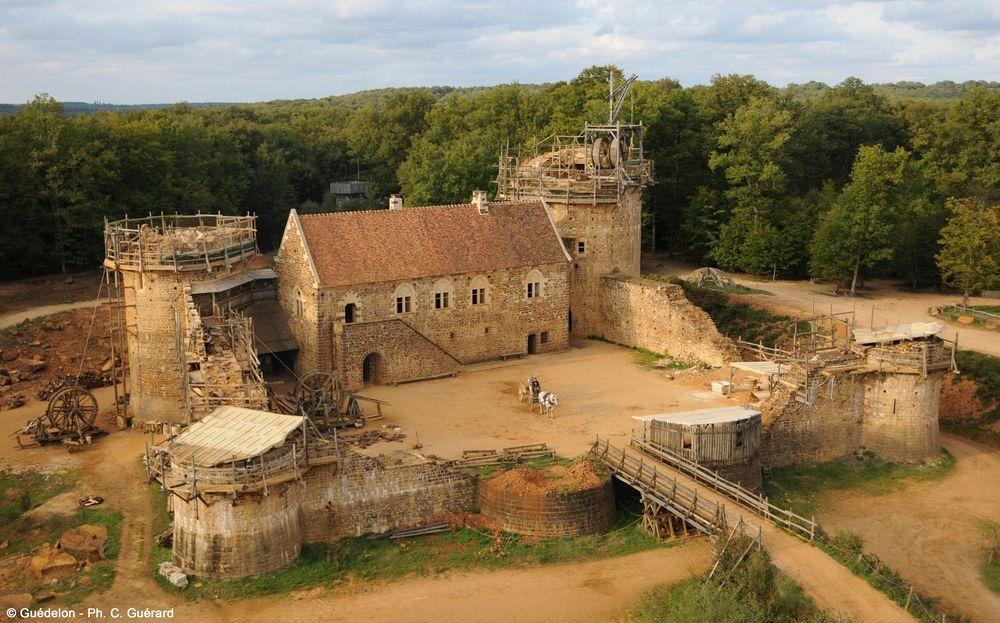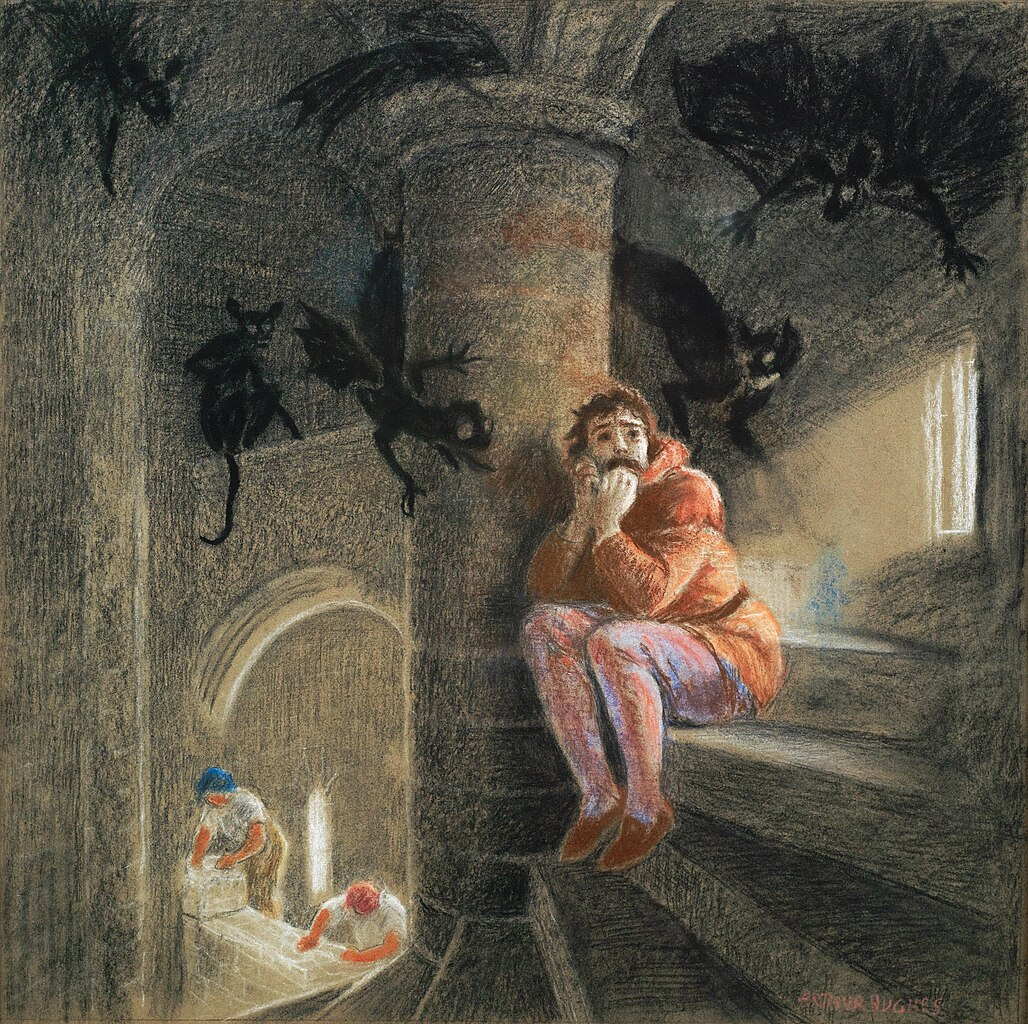I have come to the conclusion that the key element that carries Space Fantasy worlds like Star Wars, Flash Gordon, Dune, and Barsoom is not the presence of magic, but the anachronism between society and technology.
Despite having futuristic technology of the 21st century in their everyday life, people act like they live in a 19th or 18th century society. They shoot laser guns like they are musket, ride horses, keep slaves, and wear capes.














